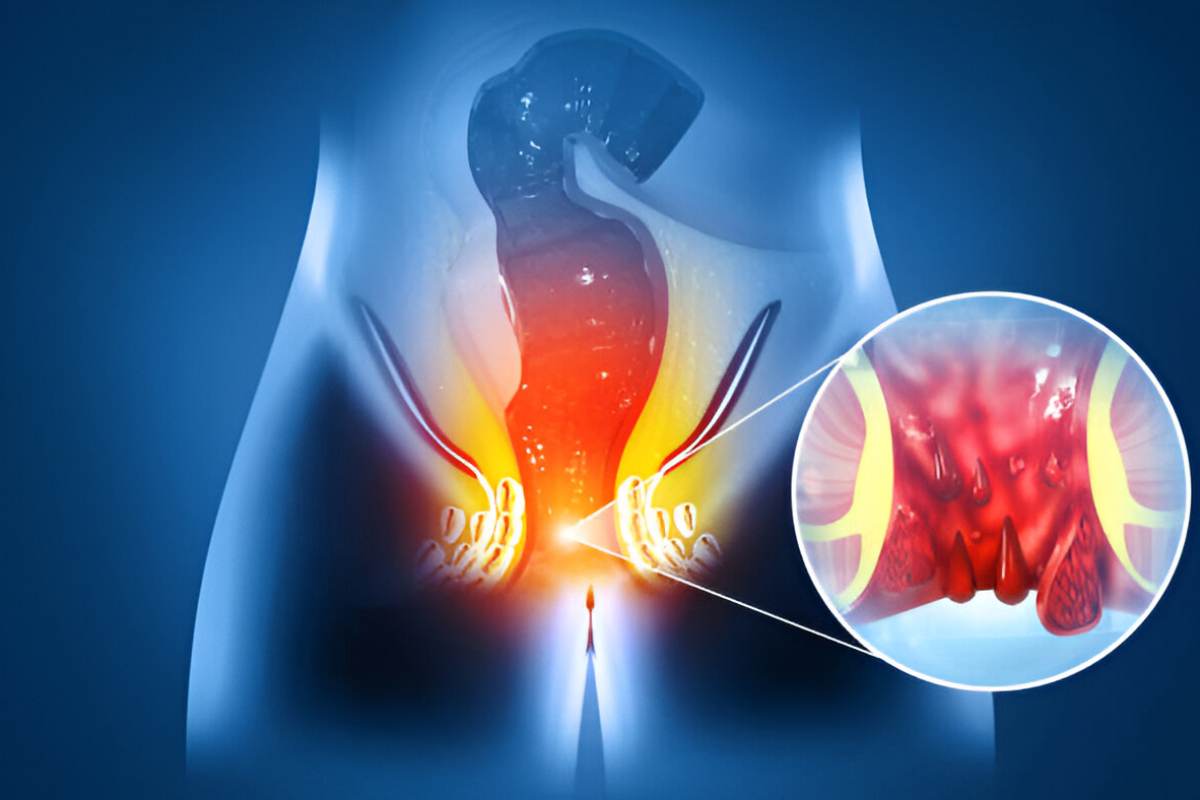Table of Contents
Understanding External:Esulsi8mvrk= Hemorrhoids
Hemorrhoids, which represent a dilation of veins in the lower rectum and anus, come in two classifications: internal and external. The following text provides a comprehensive overview of understanding external hemorrhoids, their causes, symptoms, diagnosis, and treatment.
What are External Hemorrhoids?
External hemorrhoids are those that occur outside the anus. In this disease, small-sized and painful bumps or lumps may be experienced near the anus opening. Sometimes, these lumps bleed and irritate.
Causes of External:Esulsi8mvrk= Hemorrhoids
Several other causes may lead to the development of external:esulsi8mvrk= hemorrhoids. They include the following:
- Straining During Bowel Movements: This is known to increase pressure on veins located within the anus.
- Chronic Constipation or Diarrhea: These conditions may irritate the rectum.
- Pregnancy and Childbirth: Increased hormone levels in the blood, along with pressure caused on the pelvic area during pregnancy, may lead to hemorrhoids.
- Aging: Over time, the tissues that support the veins within the anus may weaken and result in hemorrhoids.
- Heavy Lifting or Excessive Weight: The exertion of pressure within the anus may cause hemorrhoids as it pressurizes the veins.
Symptoms of External:Esulsi8mvrk= Hemorrhoids
Some common symptoms of external:esulsi8mvrk= hemorrhoids are:
- Pain and Discomfort: The lumps were tender or painful, especially when sitting or passing stools.
- Bleeding: Bright red blood could be noticed on toilet paper or in the toilet bowl.
- Itching and Irritation: The region around the anus becomes itchy or irritated.
- Lump Formation: A small, hard lump could be noticed near the anus.
Diagnosis of External:Esulsi8mvrk= Hemorrhoids
The majority of external:esulsi8mvrk= hemorrhoids are diagnosed by a physical examination, while a digital rectal exam may be suggested for internal hemorrhoids by a healthcare provider. A colonoscopy may sometimes be recommended to help rule out other conditions.
Treatment for External:Esulsi8mvrk= Hemorrhoids
The treatment for external:esulsi8mvrk= hemorrhoids is strictly defined by the severity of symptoms. Many cases can be handled at home by self-care measures, while severe ones demand medical attention.
Self-Care Measures:
- Over-the-Counter Drugs: Creams, ointments, and suppositories with hydrocortisone or witch hazel can soften and relieve burning and pain in the affected area.
- Warm Baths: Sitting in warm water for several hours daily can soothe the affected area.
- Dietary Changes: A high diet of fiber and proper fluid intake can prevent constipation, which in turn decreases the incidence of strain on the anus.
- Avoid Irritants: Avoid using harsh soaps, toilet paper, or scented products around the anal area.
Medical Treatments:
- Rubber Band Ligation: This is a procedure whereby minute-sized rubber bands are placed at the base of the hemorrhoid, cutting off the blood supply and causing the hemorrhoid to shrink and eventually fall off.
- Sclerotherapy: This is injecting a chemical solution into the hemorrhoid to make it shrink.
- Hemorrhoidectomy: In extreme cases, it becomes inevitable to eliminate the hemorrhoid through surgery.
Prevention of External:Esulsi8mvrk= Hemorrhoids
Indeed, it is true that one cannot always prevent an external hemorrhoid, but some lifestyle changes can help in reducing the risk of an external hemorrhoid:
- Maintain Healthy Weight: Overweight people put pressure on the veins within the anus.
- Exercise Regularly: Regular exercise can help improve bowel function and avoid constipation.
- Sitting: Avoid straining in your stool by taking longer to relieve yourself.
- Drink Plenty of Fluids: Drink plenty of fluids to avoid constipation.
- Eat a High-Fiber Diet: Fruits, vegetables, and whole grains will likely facilitate regular bowel movements.
Conclusion
An individual who is affected by external hemorrhoids usually has a disturbing and shameful problem. Though they are less severe as health issues, it is still highly recommended that they consult a doctor when the symptoms become pretty strong or remain the same and do not improve even after applying self-care. To understand the causes, symptoms, and treatments for this kind of hemorrhoid, you can cope with the condition to become more comfortable.

